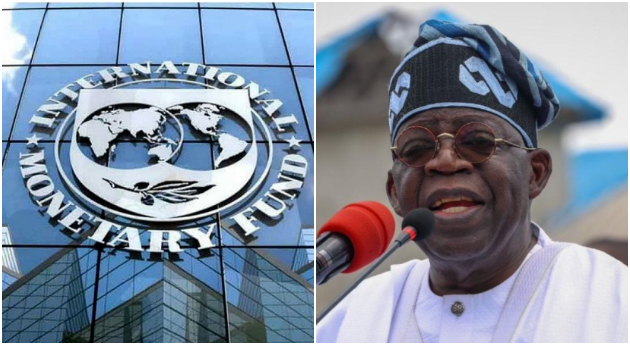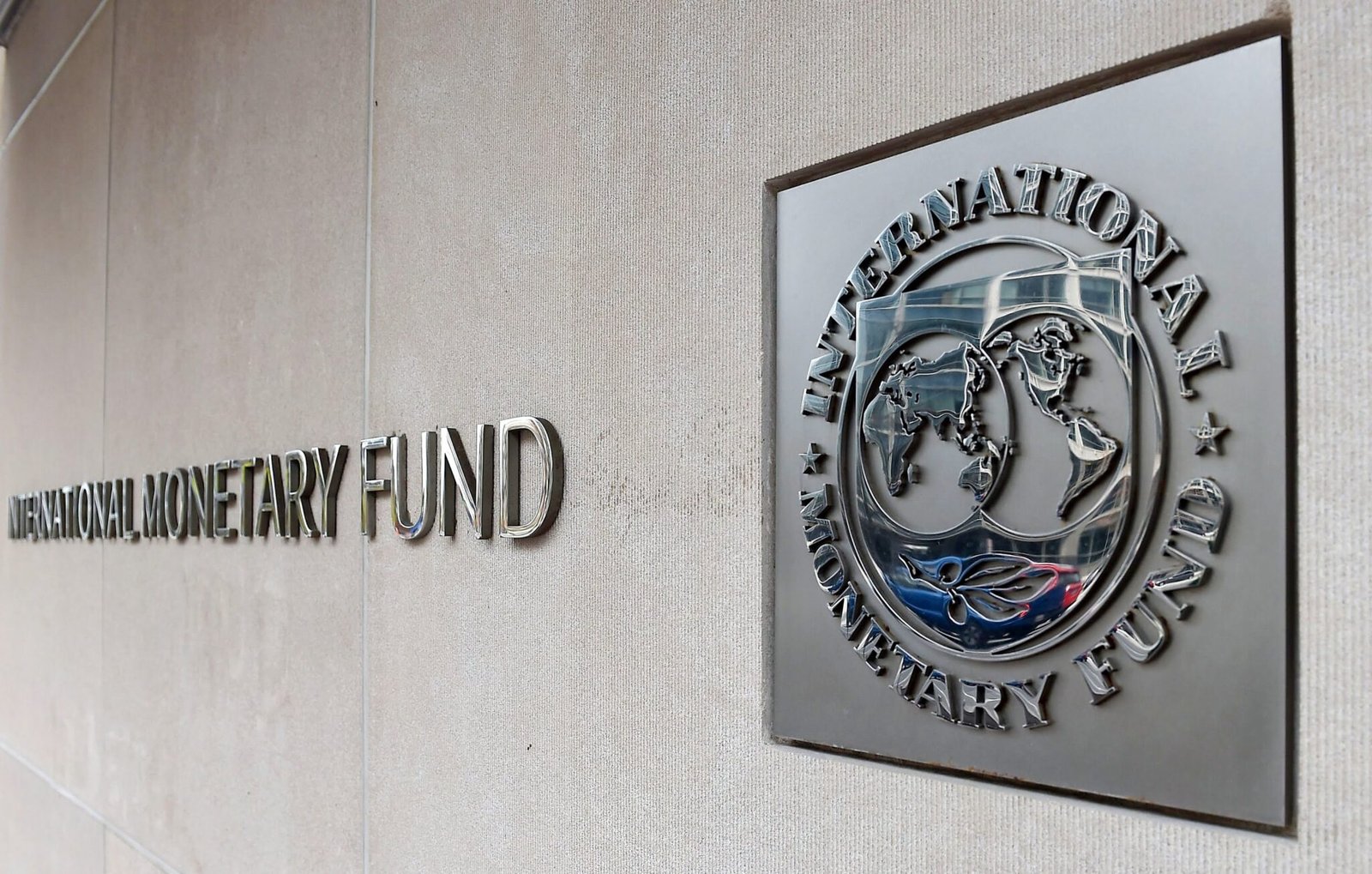The International Monetary Fund (IMF) has revised Nigeria’s economic growth forecast upward, projecting the economy will expand by 3.9% in 2025 and 4.2% in 2026.
The new outlook, released on Tuesday during the World Economic Outlook (WEO) 2025 presentation at the ongoing World Bank and IMF Annual Meetings in Washington, D.C., marks a significant upgrade from the 3.4% growth forecast announced in July.
According to the IMF, the 0.5 percentage point increase reflects growing optimism over Nigeria’s ongoing economic reforms, strengthening the country’s short-term economic outlook despite lingering global headwinds.
Also Read:
- IMF Raises Nigeria’s 2025 GDP Forecast to 3.4% Cites Oil Gains, Reforms, and Economic Resilience
- World Bank Raises Nigeria, Sub-Saharan Africa’s 2025 Growth Forecast to 3.8% as Inflation Eases
- IMF Warns of Renewed Inflation Surge in 2026 Despite Temporary Relief in Nigeria’s Consumer Prices
- IMF Warns of Nigeria’s Widening Fiscal Deficit Amid Falling Oil Prices in 2025
Structural Reforms Drive Upward Revision
The IMF’s WEO report stated that “growth in Nigeria is revised upward on account of supportive domestic factors, including higher oil production, improved investor confidence, a supportive fiscal stance in 2026, and given its limited exposure to higher US tariffs.”
This upgrade suggests that Nigeria’s policy actions, particularly in the foreign exchange market, energy reforms, and fiscal discipline, are beginning to deliver tangible results.
Nigeria’s relatively low exposure to global trade disruptions, especially those stemming from rising US tariffs, has insulated its economy compared to other African peers.
The IMF noted that “many low-income countries in sub-Saharan Africa benefited from preferential access to the US market under the African Growth and Opportunity Act, which expired in September. Halting this preferential access is expected to have sizable negative effects, particularly on Lesotho and Madagascar.”
Sub-Saharan Africa Outlook Remains Subdued
For sub-Saharan Africa as a whole, the IMF projects economic growth will remain unchanged at 4.1% in 2025 before increasing slightly to 4.4% in 2026.
Despite this improvement, the Fund emphasized that “many other economies see significant downward revisions because of the changing international trade and official aid landscape.”
Nigeria’s upward revision, therefore, stands out as a rare bright spot within a largely flat regional forecast.
Global Growth Slows Amid Trade Tensions
Globally, the IMF expects growth to decelerate from 3.3% in 2024 to 3.2% in 2025, and further to 3.1% in 2026. The report explained that “at market exchange rates, world output is projected to grow by 2.6% in both 2025 and 2026, slowing down from 2.8% in 2024.”
It added that “the forecast for 2025–26 is also lower, by a cumulative 0.2 percentage point, than projected in the October 2024 WEO, before the major shifts in policy stances in key jurisdictions.”
Nigeria’s Growth Path Strengthens Amid Global Uncertainty
Nigeria’s improved outlook highlights the resilience of Africa’s largest economy and the early dividends of policy reforms under fiscal and monetary realignments.
With oil output recovering, investor sentiment strengthening, and structural reforms maturing, the IMF’s upgrade signals cautious optimism for sustained medium-term growth.
However, the report warns that global trade tensions and aid contractions could still pose risks to emerging and developing economies.
Nigeria’s challenge will be to maintain reform momentum while shielding its economy from external shocks in a slower global environment.























